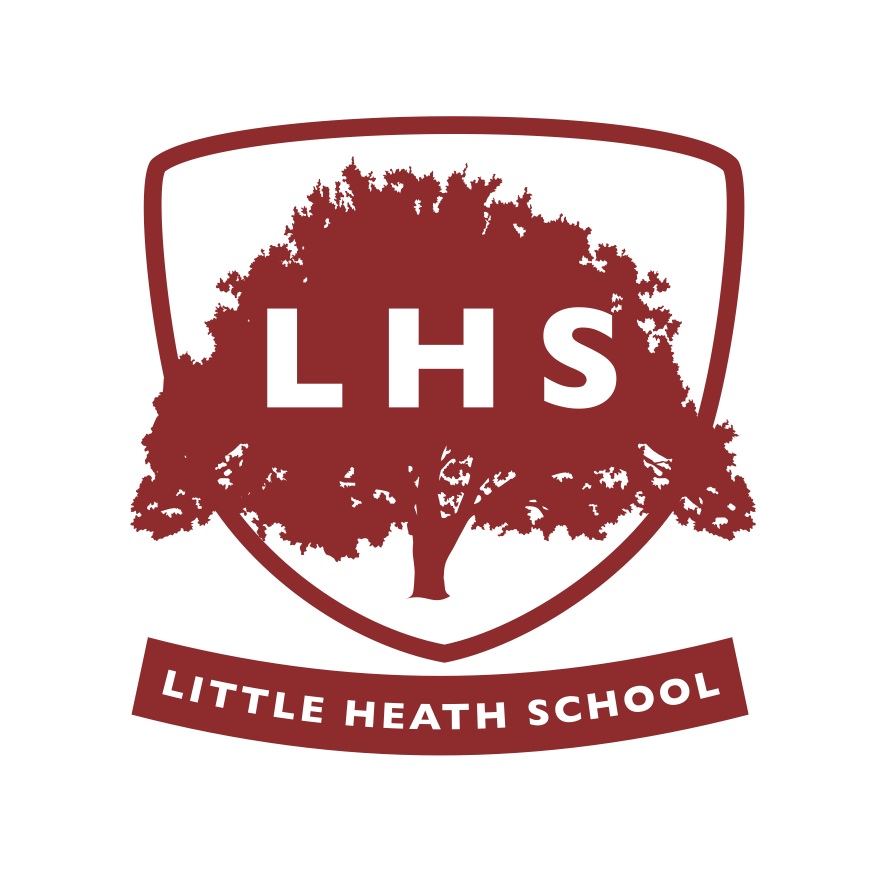RSE - Relationships & Sex Education
 As of 2020, Sex and Relationships Education (SRE) was replaced by Relationships and Sex Education (RSE). RSE is compulsory in secondary schools and the content has been updated since SRE’s introduction in 2000 to reflect changes that teenagers now experience in an increasingly online world. The new curriculum has been designed to help them be safe and healthy, and to manage their personal and social lives in a positive way.
As of 2020, Sex and Relationships Education (SRE) was replaced by Relationships and Sex Education (RSE). RSE is compulsory in secondary schools and the content has been updated since SRE’s introduction in 2000 to reflect changes that teenagers now experience in an increasingly online world. The new curriculum has been designed to help them be safe and healthy, and to manage their personal and social lives in a positive way.
Some parents feel uncertain, and in some cases uncomfortable, with the topics covered in RSE, so here is a helpful article with a closer look into the course content, why it’s important and how you can support your teen at home by providing a safe place for them to talk about things they may be struggling to understand. Click here to read the full article.
In summary:
The aim of RSE is to give young people the information they need to help them develop healthy, nurturing relationships of all kinds, whether with family, friends, professionally or intimately. It covers a wide range of topics and builds on some subjects that have already been introduced in primary school. This includes learning about:
- families and people that care for them;
- respectful relationships, including friendships;
- online relationships and media;
- being safe (including risk areas such as drugs and alcohol); and
- intimate and sexual relationships, including sexual health.
Objectives for RSE
The point of RSE is to provide information and context to boost teens’ understanding and experience of:
Judgement – to help teens determine who is trustworthy and be able to judge when situations are unsafe, as well as being able to distinguish reliable sources of information from unreliable ones.
Respect – to help teens understand what makes healthy and positive relationships and friendships; understand boundaries, privacy, consent, resolving conflict and ending relationships.
Stereotypes – how and why these can cause damage.
Online – how information and data is created, collected, shared and used; their rights and responsibilities, the risks, how and where to get support if needed.
Consent – the concepts and laws relating to consent and how people can communicate and recognise consent.
Intimate relationships – the importance of reproductive health, the positive aspects of healthy one-to-one relationships, managing sexual pressure and where to get further advice.
Useful information for Parents/Carers
For more information, on RSE and other useful information, visit: www.theparentsguideto.co.uk
The Sex Education Forum have put together this useful guide for parents. It helps to understand what we teach in school and why. You can read it here.
If you have any specific questions about RSE at Little Heath School, please contact office@littleheath.org.uk
